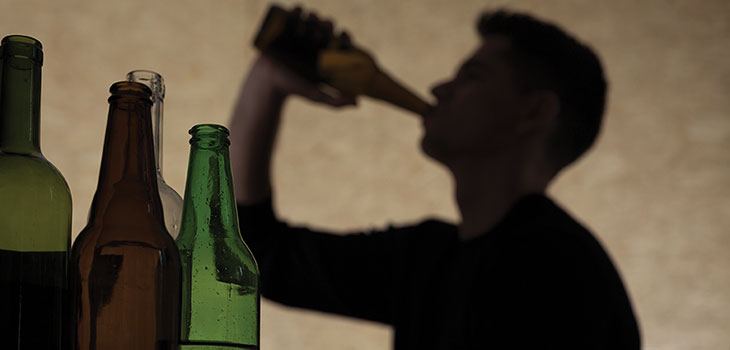
In brief
- Outlines and comments on the law concerning crimes committed while the perpetrator is voluntarily intoxicated.
While it is convenient to call intoxication a defence, it is not a true defence such as self-defence or duress. This is because voluntary intoxication causes people to make mistakes so that they lack mens rea, such as the infamous case of a nurse at a baby’s christening party, having got so drunk on gin as to be ‘quite stupid and senseless’, who put the child on a fire by mistake for a log of wood. The magistrates discharged her: Gent Mag 1748, 570. In DPP v Beard [1920] AC 479, the House of Lords held obiter that for there to be a denial of mens rea, the defendant had to be so intoxicated that he was incapable of forming mens rea. This made the law very harsh because most people in that state would be unconscious. However, in Sheehan [1975]









